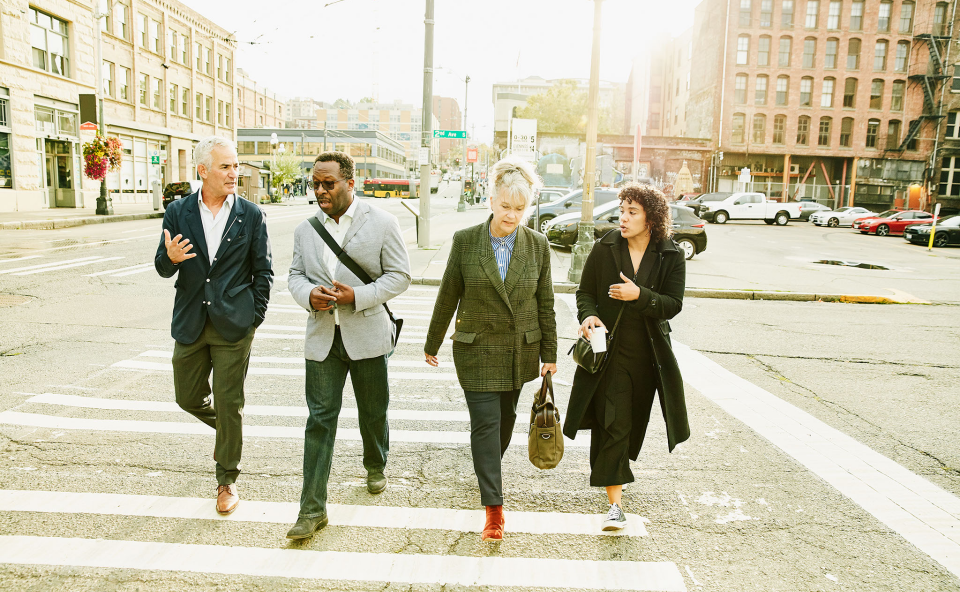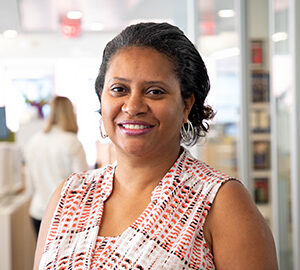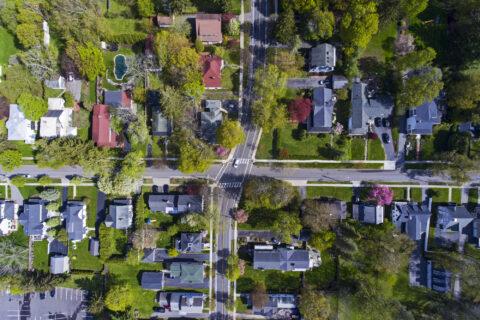On October 20th, NLC is hosting a special briefing on how cities are assessing the impact of municipal fines and fees on a family’s financial security.
Cities are being tested like never before, with the coronavirus pandemic and the racial unrest caused by the death of George Floyd and many other people of color. Because of the pandemic, low-wage workers and people of color are experiencing more financial stress from the loss of jobs and are unable to pay criminal justice and other debts stemming from fines and fees. This places them in harm’s way on many fronts such as wealth extraction, exposure to COVID-19, and the fear of encountering the police.
Although the financial loss from the global health and national racism pandemics to city coffers is staggering, some cities are taking precautions now to ensure their economies are not rebuilding on the backs of families with little to no income and wealth.
For nearly two years, the National League of Cities (NLC) has been partnering with five cities to assess their use of local fines and fees, with a focus on implementing equitable collections strategies and improving residents’ financial health. From driver license suspension, water utility fees to impound lot fines, all can have place an extreme strain on the individual and family financial well-being of residents.
Through Cities Addressing Fines and Fees Equitably (CAFFE), a JPMorgan Chase & Co. funded technical assistance initiative, each participating city conducted a thorough assessment of its municipal fine and fee structure. The assessments placed equity as a key pillar and covered many components including examination of the true cost of a fine or fee, its impact on communities of color, how reform may alleviate these adverse impacts, potential partners, and feasibility.
While these assessments were conducted prior to the pandemic, they have proven to be even more critical given the economic crisis at hand for millions of Americans. Some early takeaways that have emerged from the CAFFE city assessments include:
Fine or Fee Reforms Must Address Inequities Impacting Communities of Color
Conducting an assessment involves understanding the data ecosystem surrounding the specific fine or fee. City leaders must first ask questions about the problems they want to solve and who is impacted and then decide on the types of data that would help them answer these questions. Only then are city leaders equipped to support reforms through the elimination of the fine or fee, implementing “ability to pay” rules, which refers to someone’s financial capacity to repay a debt, or allowing an alternative method of payments such as partial or online payments. Saint Paul Mayor Melvin Carter did just that in April when he temporarily waived vehicle towing and storage fees to ease the strain on families during the pandemic.
As part of this effort, qualitative and quantitative city data were examined within and across city department agencies to help city staff identify deep-rooted inequities in their policies and practices. Creative tactics and project grant funding from NLC were used to create heat maps of impacted communities and statistical analyses of collection rates to get the answers they were seeking.
While demographic data, especially race, was often missing from the city datasets, it is clear from the data we do have that Black individuals were considerably more likely to be impacted by the assessed fine or fee:
- In Aurora, Colo., young Black men ages 20-24 were more likely than their white counterparts to be referred to collection for tickets related to speeding tickets less than 20 mph over the limit;
- In Baton Rouge, La., Black residents comprise roughly half of the city’s population, yet account for nearly three-quarters of total traffic fines;
- In Lansing, Mich., Black residents accounted for over half of the residents who were recently tracked for a vehicle offense related to driving without a license.

Reforming Fines and Fees Takes A Whole Community Approach to be Successful
Cities in CAFFE enacted necessary and ‘common sense’ reforms by also listening to residents to gain a better understanding of their financial needs, forging partnerships within the community and integrating financial empowerment services into city fines and fees functions.
Multiple CAFFE cities engaged residents in conversations centered on their personal experiences. The City of Durham, which partnered with The Center for Advanced Hindsight at Duke University to design city-led interventions for individuals struggling to repay their water utility bills, went a step further by asking residents who had experienced issues with water bills to interview other residents about the barriers they are facing and solutions they would want to see implemented to better understand the impact that loss of water has on families and its connection to their dignity and feelings of shame.
In Lansing, Mich., the city learned that a $45 license restoration fee to the Secretary of State created the most financial stress for residents. Even though the city itself could not reform the fine directly, they were able to take a closer look at this particular fine, along with residents who are impacted, with the assistance of a restorative justice organization to lead conversations for future change.
When the City of Saint Paul, Minn., partnered with the Minnesota Justice Research Center to conduct their assessment, they were surprised to learn that a typical snow emergency extracts nearly $250,000 from neighborhoods through city fines, towing and impound fees, and vehicle forfeitures, which is drawn disproportionately from low-income communities.
When cities are able to adjust unfair policies and residents can pay fewer fines and fees then more money remains in their wallets and more wealth circulates within local economies.
Providers of Financial Empowerment Services Are Meeting Residents Where They Are
In addition to policy reforms, NLC is also helping CAFFE cities to assist residents to address their financial challenges by providing access to reputable financial coaches. For example, the Denver Office of Financial Empowerment and Protection and the Lansing Financial Empowerment Center provides one-on-one assistance to residents who are in debt as a result of fines or fees. COVID-19 has added additional complexities for financially strapped families and these providers are adapting to meet the needs of their clients through virtual and socially distant measures.
Established financial empowerment city systems have been able to pivot and support residents’ needs during the pandemic, including assistance with filing taxes for stimulus payments, navigating unemployment insurance, and accessing other community resources like emergency housing aid. These services are necessary to avoid dismantling families’ financial health and to help them build a financial foundation to be able to weather future emergencies.
Join us Tuesday, October 20th us for a virtual presentation and discussion on key lessons learned from the CAFFE initiative – Register here.









